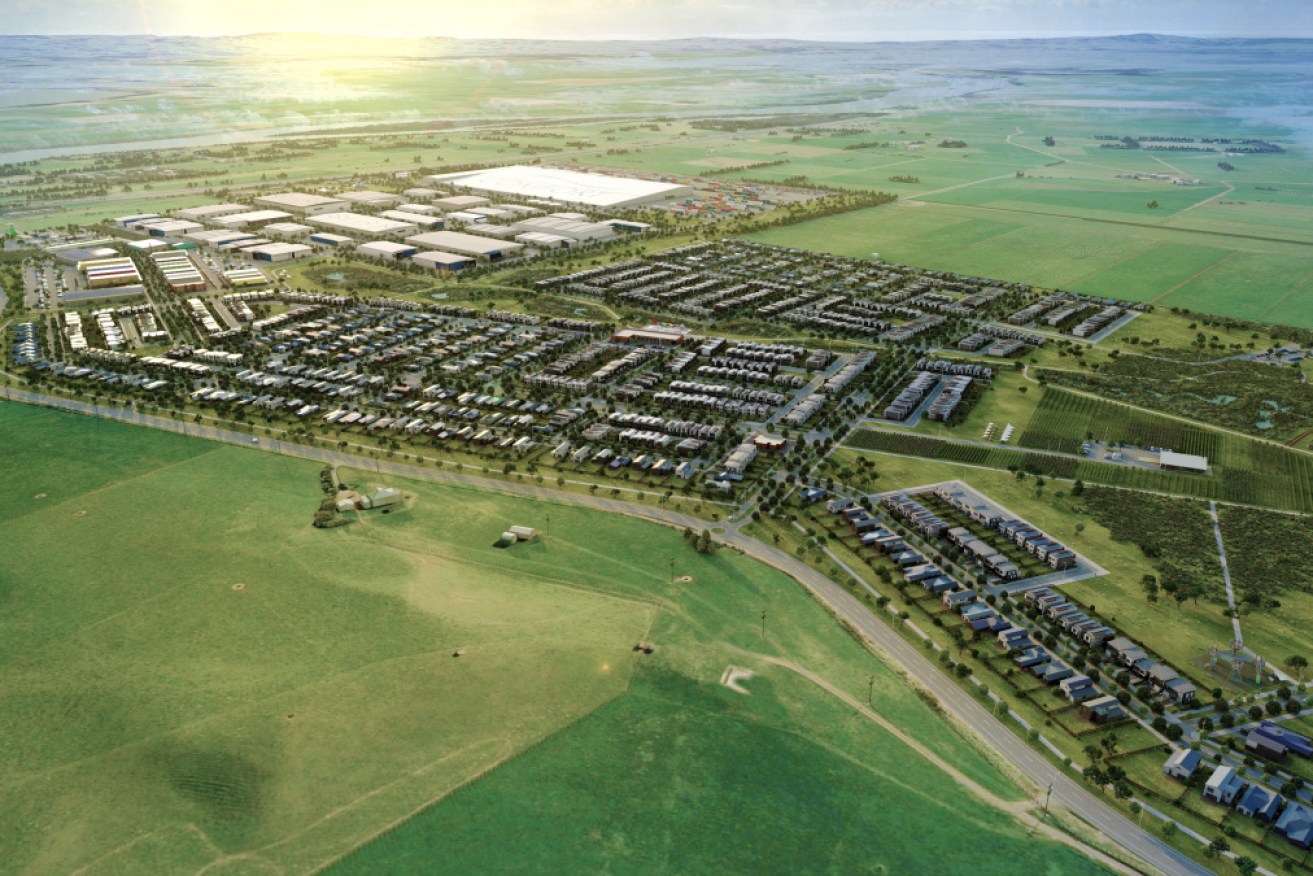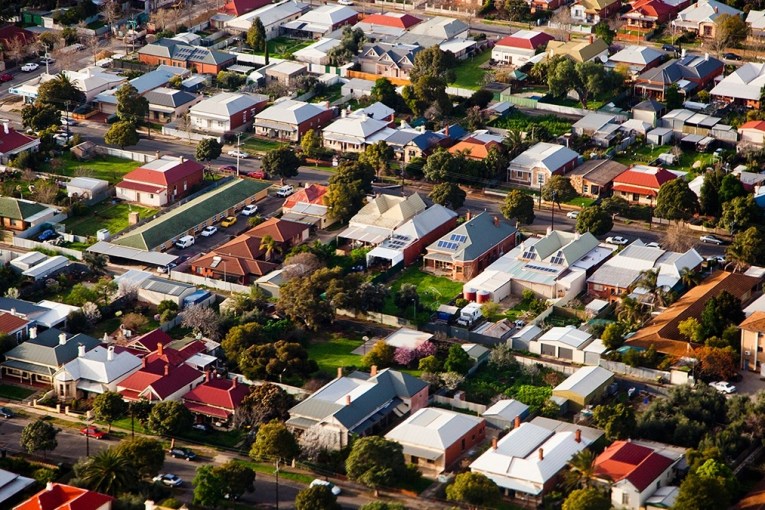The company announcing plan to build $1 billion ‘company town’


Sleepyhead has lodged plans to build a $1 billion "manufacturing hub and community" in New Zealand.
A New Zealand company has lodged plans to build a $1 billion company town, in an attempt to reduce commute times and help workers buy their own home.
Bedmaker The Comfort Group, which owns the Sleepyhead, SleepMaker and Dunlop Foams brands, has announced it would build a “unique manufacturing hub and community” at Ohinewai, about 85 kilometres south of Auckland.
Supporters believe the move shows the company is invested in the long-term wellbeing of its staff.
But critics argue the company town model is flawed, with assessments running the full gamut from paternalistic to unsustainable and controlling.
The Comfort Group’s project, which shares similarities with the English model village built by Cadbury in the 19th century, would include a 100,000-square-metre factory, shopping and retail facilities, and 1100 homes for workers, built over the next 10 years.
“Our vision is to create a genuine community for people, in a beautiful setting, who want an affordable, quality home, a stable job and a thriving community they can be part of,” The Comfort Group director Craig Turner said in a media release.
“As far as we know a development of this scale and type being driven by a private company is unique in New Zealand, and we hope it will be an enduring legacy for many decades to come.”

The Comfort Group director Craig Turner hopes the development will enable workers to buy their own home.
The Comfort Group says the 176-hectare development will create 1000 permanent factory jobs and pump an estimated $1 billion into the local economy through investment in infrastructure, construction and development.
The site will be just 40 minutes south of the company’s current facility, but the company hopes it will improve the lives of workers by cutting down commute times and providing a chance to buy their home.
While the details of the company’s affordable housing plan have yet to be announced, Mr Turner told the New Zealand Herald the company planned to sell its homes for less than $NZ500,000 each ($480,000).
“The reality is with a bit of assistance from the company and the banks –and banks are very keen to help in these areas – for a worker in our place it is possible they could fund that sort of money,” Mr Turner said.
“Creating a community is at the heart of this proposal.”
Melbourne University urban planning Professor Brendan Gleeson commended The Comfort Group for considering the wellbeing of its workers, but said these types of developments demonstrated the failure of metropolitan planning boards to manage growth.
He told The New Daily that company towns were not a long-term solution to the population pressures afflicting Auckland and Australia’s major cities.
“Ideally, those cities would deal with population pressures within their own footprint and fabric, and find ways to provide for affordability, and for new economic needs and possibilities including employment within the existing metropolitan fabric,” Professor Gleeson told The New Daily.
“And as well-meaning as this development might be, it might not have a sustainable long-term future … [as] it has a singular economy activity.
“What happens when the company moves on? [The residents] would be in a peri-urban area with very poor transport and alternative employment options.”

The Comfort Group’s plans are similar to Facebook’s plan to build a mixed-use development near its headquarters at Menlo Park, California. Photo: Facebook
The Comfort Group’s announcement comes amid renewed interest in so-called company towns, after tech giants Facebook and Google revealed plans to build residential housing, retail stores and community spaces near their respective headquarters.
Dubbed Willow Village, Facebook’s mixed-used development will sit across the road from its Menlo Park campus in California, and include a grocery store, pharmacy, park and community centre.
But Grant Bollmer, assistant professor of communication at North Carolina State University, said “there were many criticisms of these plans”.
“American history is filled with towns, conceived and built to realise specific theological world views, at times linked with faith in capitalism and the power of technology,” Dr Bollmer wrote in The Conversation.
“But those earlier utopian communities and company towns foundered, either from labour strife or lack of leadership.”








